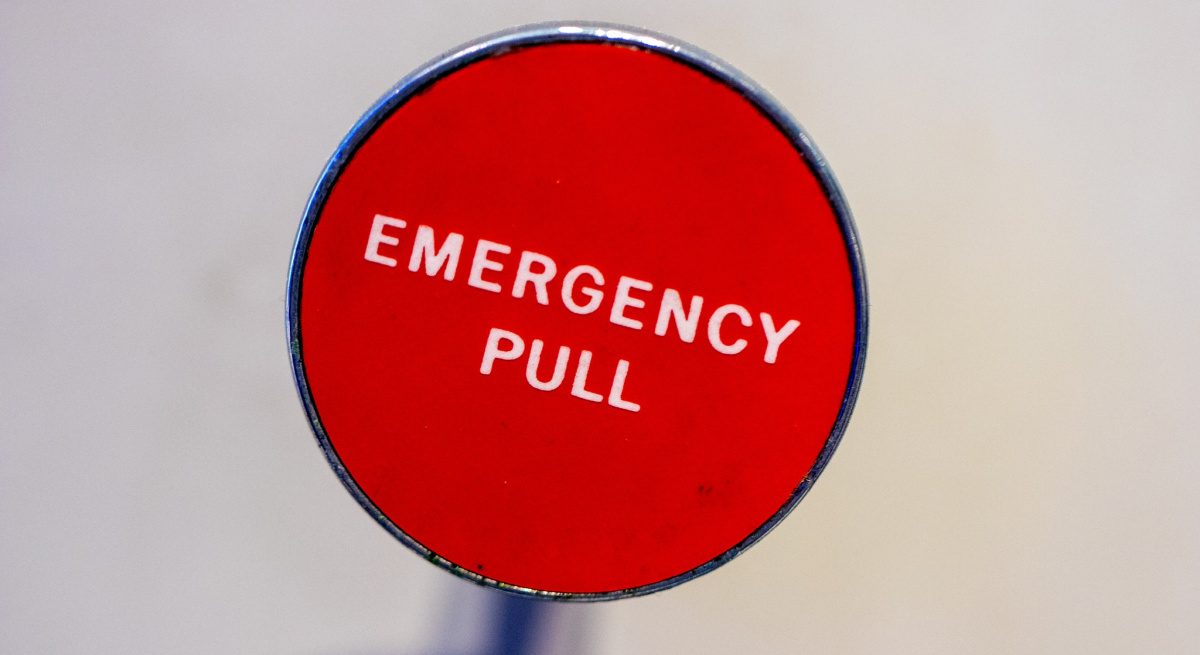Why Your Food Service Business Should Have a Crisis Management Plan
3 Min Read By Melissa DiGianfilippo
Nobody wants a crisis at their restaurant, but in these days of smartphones and social media, word of mouth travels fast. That’s why it's important to have a crisis management plan in place. Poor reviews, videos, and live broadcasts of customer service problems, emergencies, or other issues can begin trending online virtually instantly. Go viral, and the crisis will spill across social media platforms, potentially reaching millions. If you’re not listening closely and proactively engaging with customers, you’re running at high risk for a PR crisis. How you respond is everything.
These days it’s not a matter of IF, but WHEN your business will have a PR crisis, and ‘no comment’ is no longer an option. Below, I will outline the most common PR crisis situations in the foodservice industry, and then how to combat them effectively through Crisis PR planning.
Problems with the food. Mistakes happen. Stray hairs, a bug or other pests, or other contamination of food can all spark a PR crisis. And don’t forget the potential impact of a crisis within a support industry or supplier. For example, the increasing number of recalls for romaine lettuce and other produce can impact multiple locations across the country. While this type of PR crisis is important to address quickly, it's also less likely to have a major impact on your business than other types.
Foodborne Illnesses. Food poisoning and other illnesses are a major concern for every foodservice establishment. If customers start getting sick after eating at your establishment, there can be major repercussions. Address the issue quickly and decisively. Advise consumers of the situation, and outline the steps you’re taking to prevent the problem from happening again.
Poor Health Inspection Ratings. Most health inspection scores are posted publicly and may even be featured on local news, so if your business gets a poor rating, the word can spread quickly. Poor health inspections can negatively impact your day to day business and erode the trust of regular and potential customers. Again, quick, decisive action is necessary to reduce any potential impact. If you legitimately can’t comment due to lack of information or legal concerns, say so and let people know your organization will be addressing questions and concerns as soon as possible. Respond in a timely manner with the facts. This is all assuming you’re prepared.
What to Do Before You’re Facing a PR Crisis
No one wants to imagine the worst-case scenario happening, but it’s easier to plan ahead of time than scramble and feel unprepared if something does happen. Here are some immediate steps you can take to protect your customers, employees, brand, and investment:
Monitor Social Media and Review Sites: Answering social media reviews/posts quickly is critical. This applies to good reviews/posts and bad. Set Google alerts for your business ‘as they happen’. Hire a Social Media person or team to manage your brand online and spot potential problems. Empower people to solve problems before they escalate, and provide clear guidelines for when to call for help. Have some pre-approved general crisis responses available to let people know you’re aware of a problem and actively working on it.
Form a Crisis Communication Team: Having a dedicated team will help prepare your company for assembling a quick response that can help minimize the adverse effects on your restaurant, your customers, and your brand.
Draft a Crisis Response Plan: At the most basic level, this plan should break down who the crisis communication team will be (with contact information), including a list of stakeholders who will need to be communicated with, define a process for talking with the media and for disseminating information on social media, and a response action plan. Make this plan readily available for your on-site team/s to access in case of an emergency.
Draft Operational Crisis Protocols: From C-Suite to Social Media down to retail level, a well-trained staff with clear company protocols to follow is not only good for employees with a possible crisis on their hands, but it also helps shorten the official notifications and reaction timelines.
Designate One Spokesperson and Communicate: In the world of crisis communications, the phrase “actions speak louder than words” will not get you far. You have to use the right words and take the right actions quickly. Choose one voice to do all of the talking. Ideally, this person should be well-versed in talking to the media. They must be perceived as authentic. They should understand key marketing messages, and when necessary, they should be on-site as soon as possible after something happens.
Don’t leave your reputation on the line or in the hands of people who are untrained or unauthorized to respond for one more minute. Create an effective crisis management team and plan for your restaurant today. Stay one step ahead, and you can minimize the negative impact of a crisis situation. Still not sure what to do? Reach out to a PR agency or professional for help.


